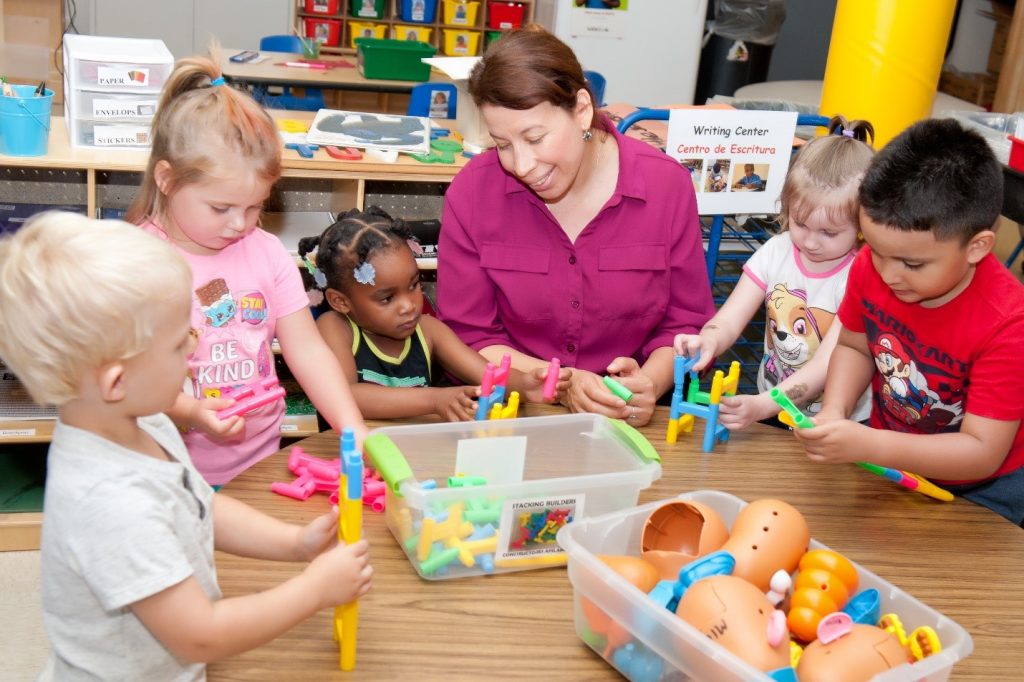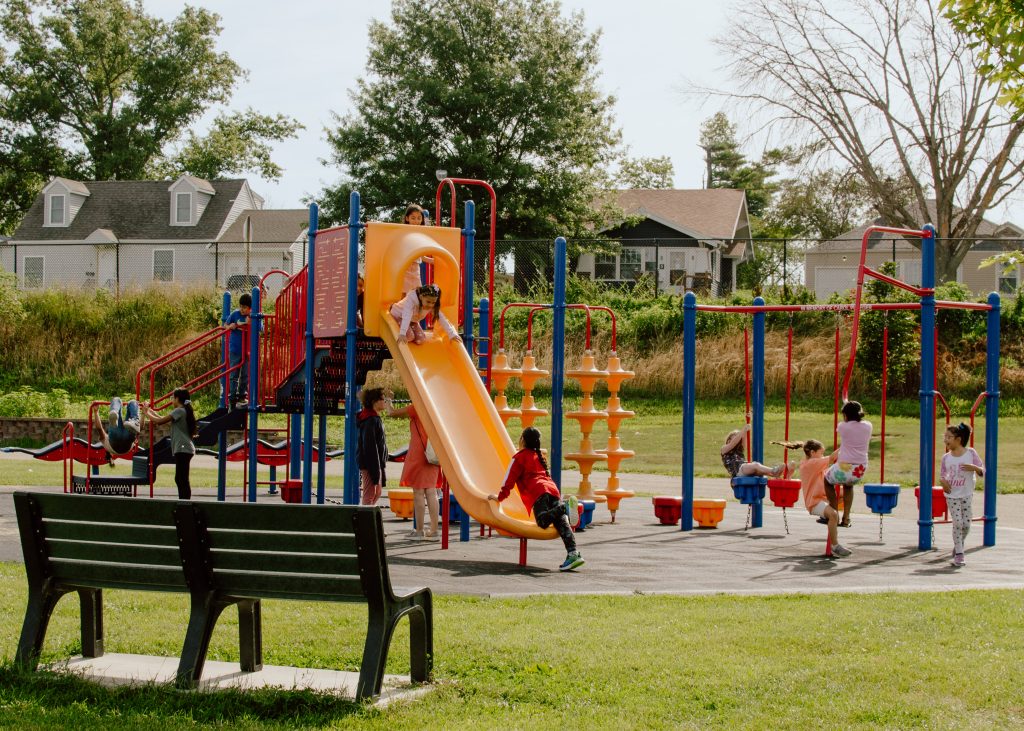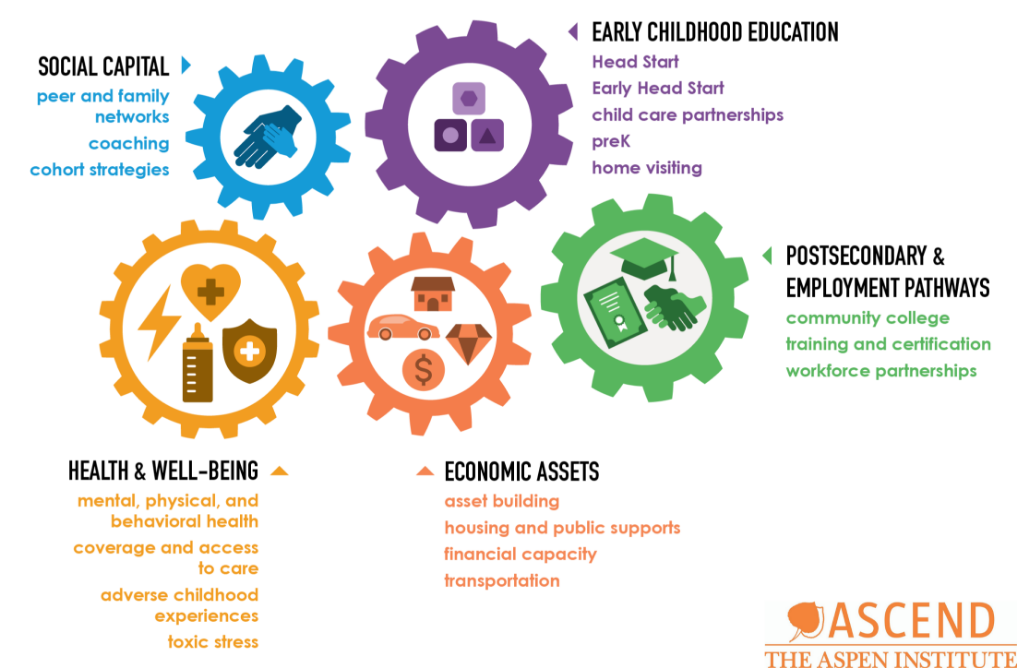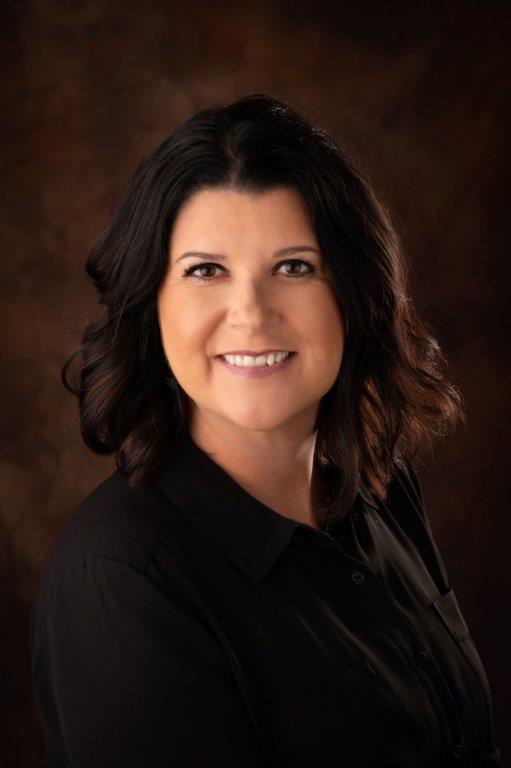
About
About
Helping Families
MICA is committed to building strong, resilient families. Our philosophy of human service provision is rooted in our foundational work with the family development model. The heart of our work is in helping families change their lives by identifying their strengths and building on those strengths to achieve their goals. This strengths-based approach allows families to be meaningful partners in their own life changes.

Changing Lives
MICA is dedicated to pursuing measurable and lasting positive outcomes for families in poverty. We know that means connecting families to all the services they need to move forward, and that story looks different for every family. It also means we need to be data-driven, building a good foundation to assess where a family starts and how much progress they have made.
We are actively pursuing measures agency-wide to connect families to multiple programs such as co-location, interconnected data systems, and pilot projects that bridge programs together. Our objective is to move beyond the referral, using cross-training to connect staff across different disciplines.
Building Communities
MICA’s vision is communities without poverty. Our goal is to create collaborative communities that are responsive to change and address the causes and conditions of poverty. We help build safe and healthy communities that offer abundant opportunities for all people to thrive.
Building strong community partnerships is foundational in our work. We recognize the power of seamless connection with other organizations in the communities we serve. Not only are strong partnerships a way to connect families to resources, they are also essential in advocating for systemic change at the local, state, and federal levels. MICA recognizes that eliminating the causes and conditions of poverty is a long-term project that requires a coordinated effort by many different stakeholders, and that is why we prioritize sharing knowledge, resources, and best practices with others in our community.

Whole Family Approach
MICA uses a whole family approach in our work, designing programs and services intentionally to serve every member of the family simultaneously. This approach, also known as 2gen (Two Generation), works to build families up in holistic ways. It emphasizes bundling services together that are child-focused and parent-focused to address the multiple dimensions of family needs and provide individualized services.

This approach is powerful because it recognizes that families have vastly different needs, and that the most successful interventions involve tracking outcomes for children and families separately. In addition to the continuum, the whole family approach defines several key components of human services work.

Our executive director

Clarissa Thompson has served as MICA’s executive director since August 2019. She first joined MICA in 1995 as an AmeriCorps member and has served the agency in multiple roles, including eight years as the agency’s Family Development Director. Clarissa has a wealth of experience in both direct service provision and in leading major federal, state, and local initiatives designed to improve outcomes for children and families. She led MICA’s involvement in the White House Rural Council’s Rural Impact initiative, coordinated extensive disaster recovery efforts for Marshalltown families after the 2018 EF3 tornado, and co-created MICA’s premier summer learning program, Bobcat University.
Clarissa’s vision of MICA’s work is strengths-based, seamlessly connected service provision in which there is truly no wrong door for families. Recently, she has been focused on building agency capacity, creating a data-driven culture, and integrating services across the spectrum to provide a coordinated approach grounded in the whole family framework.
